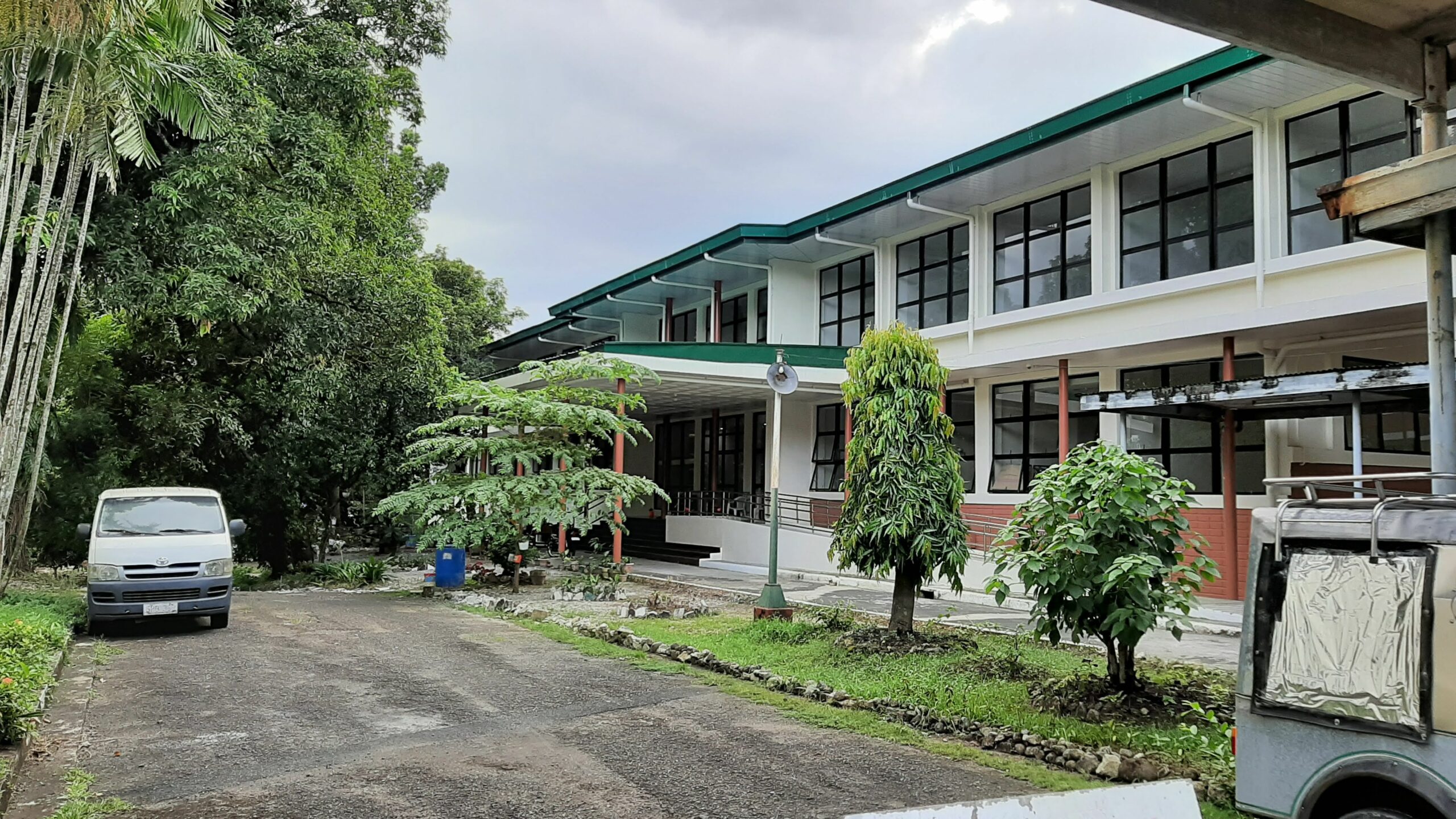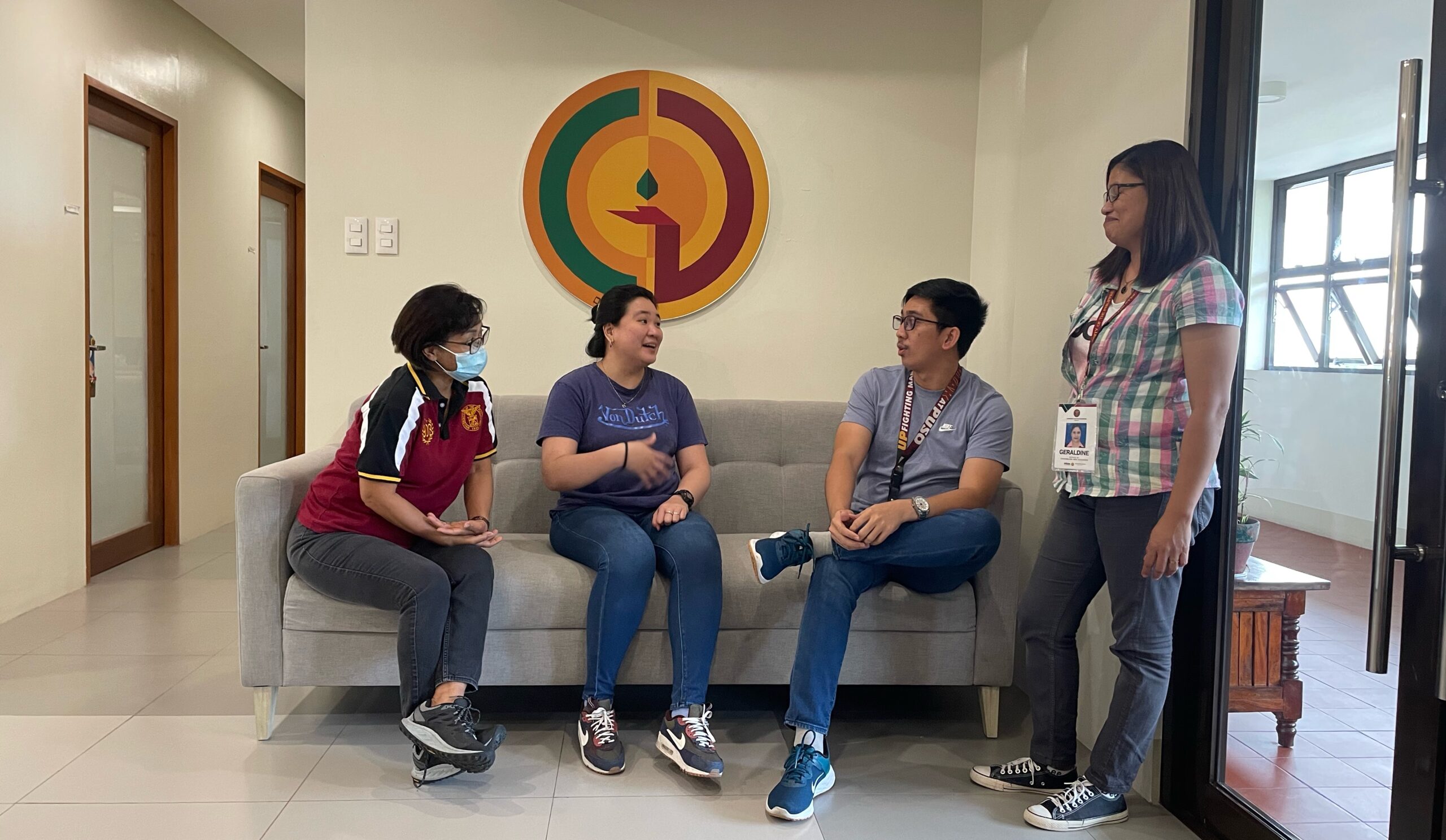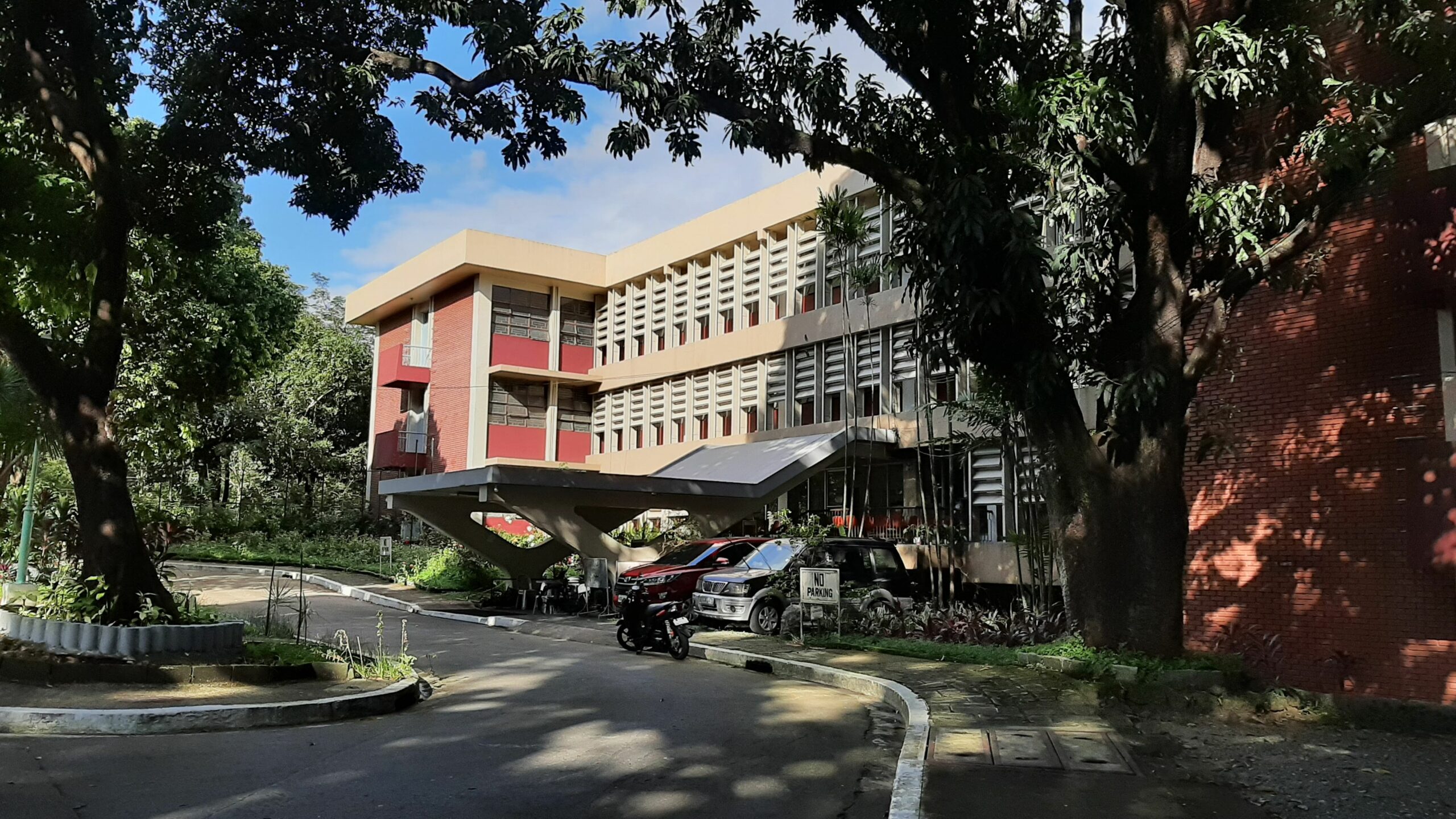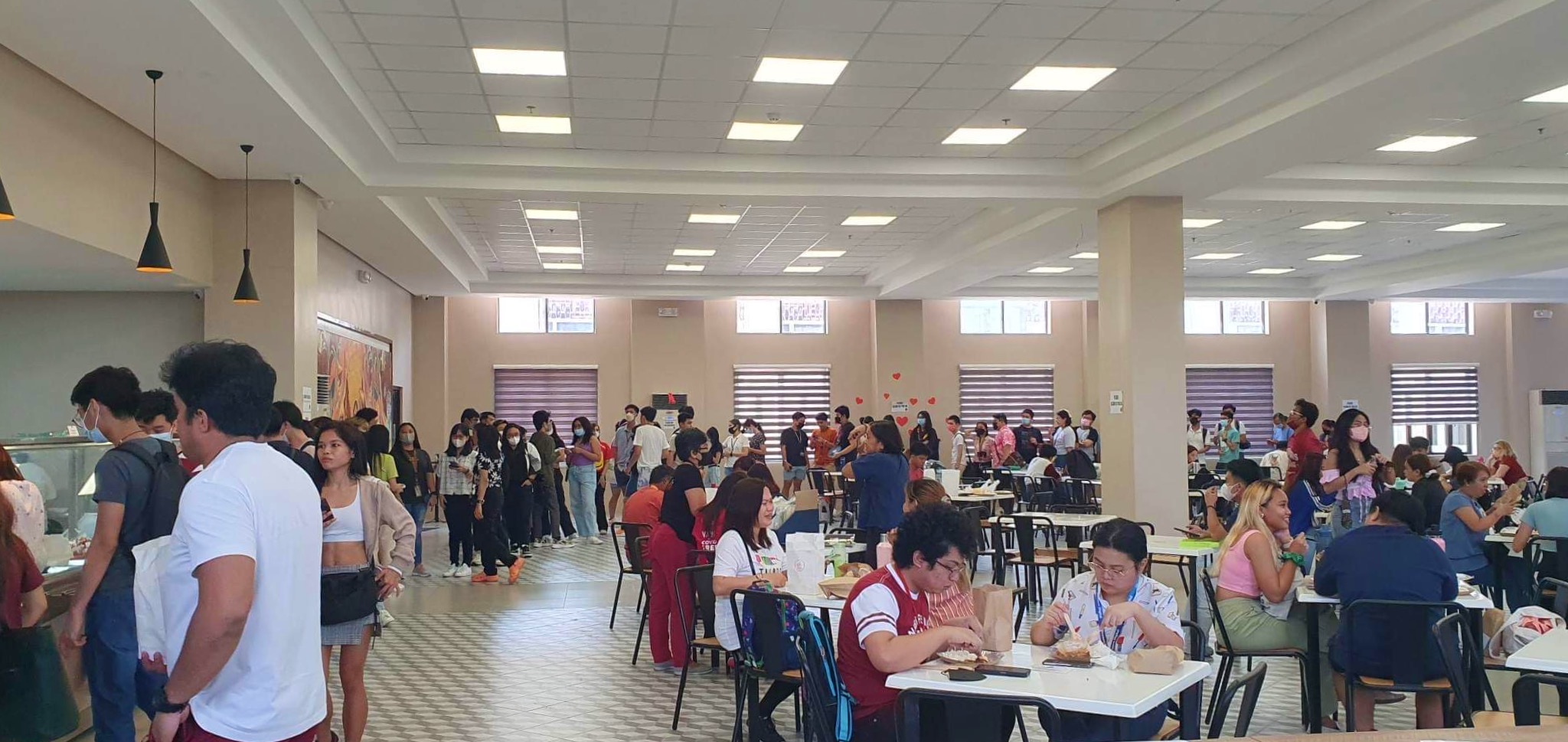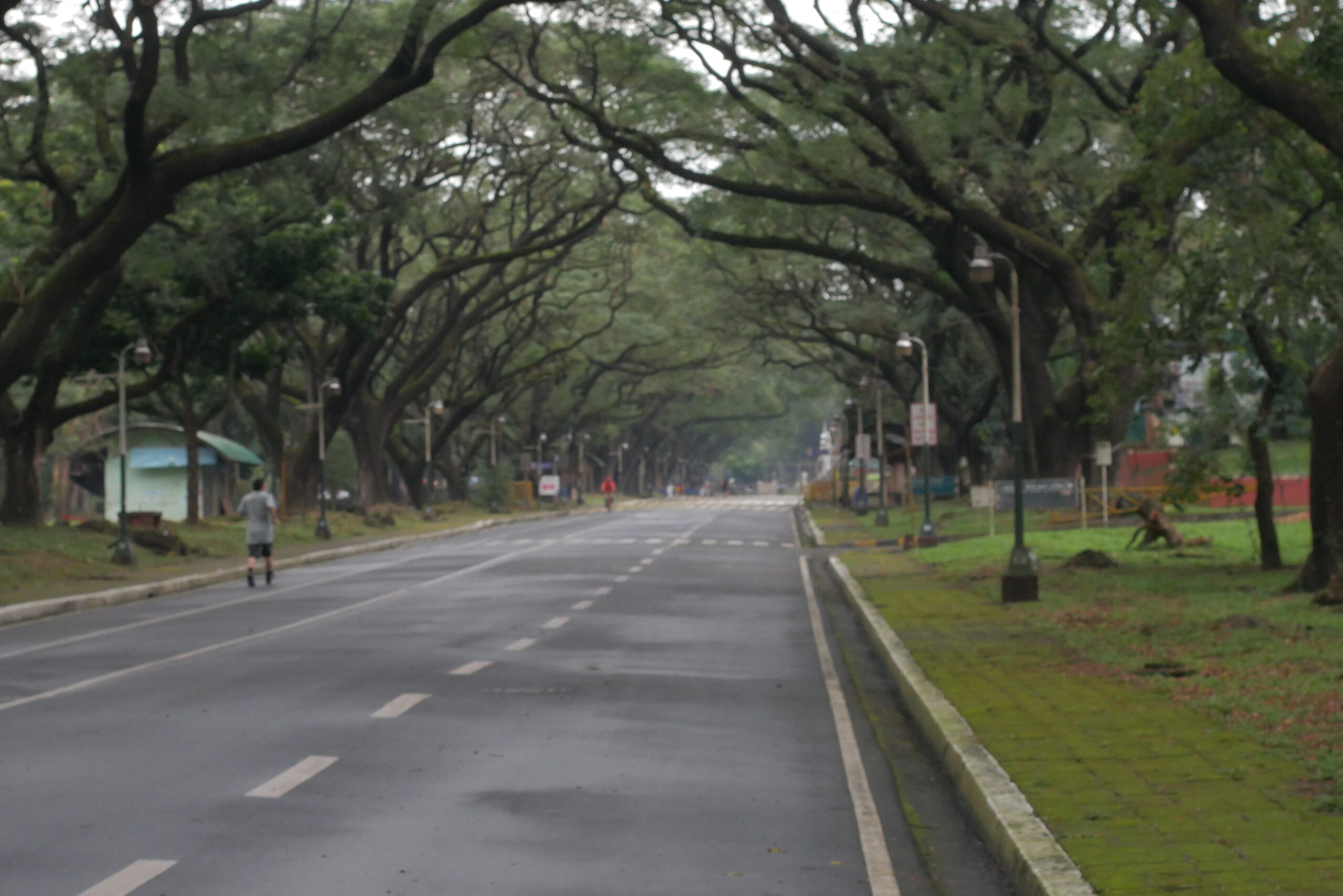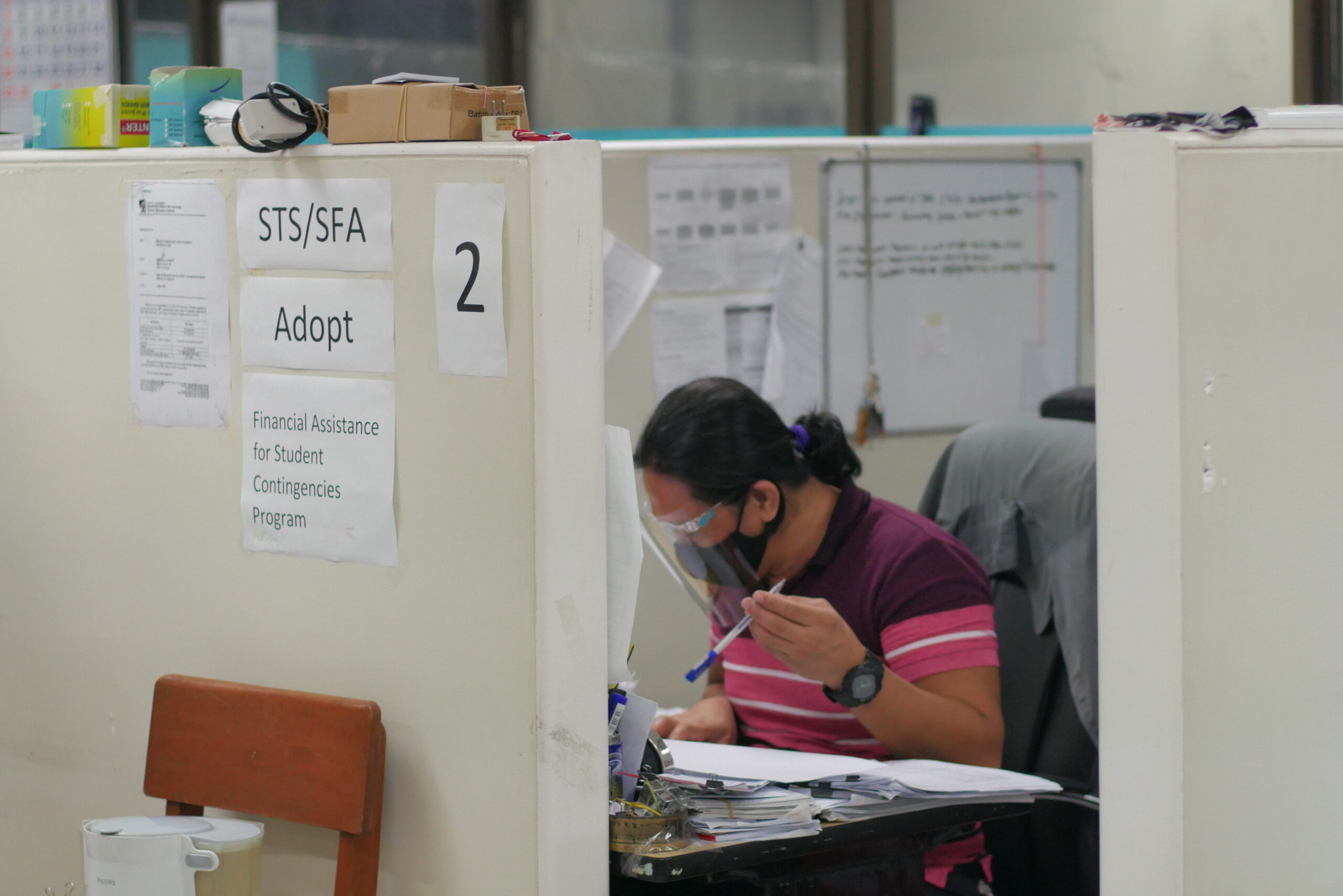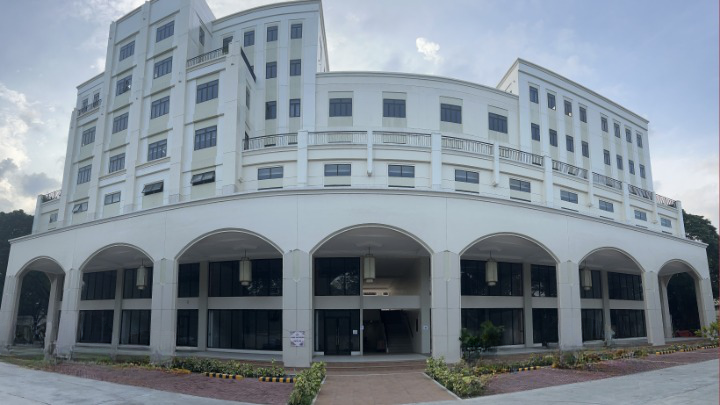Office of Counseling and Guidance
About OCG
Services
Staff
The Office of Counseling and Guidance (OCG) is a support service to the academic programs of the University. It is one of the offices of the Vice Chancellor for Student Affairs (OVCSA). OCG’s two main professional services are counseling and psychological assessment. OCG was created by the Board of Regents on April 6, 1956 (Section 3, Article 151 of the 1984 Revised University of the Philippines Code).
Milestones in OCG’s History
- The Guidance Services Office (GSO) was the first guidance office put up at the College of Education with Professor Esperanza R. Limcaco as head.
- 1953 – The Student Personnel Services (SPS) paved the way for systematized guidance and counseling. It was put up under the Dean of Women.
- 1956 – Approval of the creation of the Office of Guidance and Counseling Services (OGGCS) by the Board of Regents.
- 1957 – The first entrance test was administered.
- 1959 – Creation of the Office of Student Affairs with OGCS, now called the Counseling and Testing Center (CTC), placed under its supervision.
- 1962 – Involvement of the Counseling and Testing Center in the International Testing.
- 1969 – The Division of Counseling and Guidance (DCG) replaced the Counseling and Testing Center. The Foreign Student Section (FSS), a new section was added to DCG.
- 1972 – Renaming of FSS as International Students Program and was transferred to the Office of the Dean of Students.
- 1974 – Transfer of the Division of Counseling and Guidance to the Office of the Vice-President for Academic Affairs.
- 1983 – 1996 – With the reorganization of UP, DCG was returned to the Office of Student Affairs. It was renamed as the Office of Counseling and Guidance (OCG). During these years, OCG was headed by Dr. Lilia A. Torres as OIC in 1983, Acting Director in 1985 and Director from 1986.
Objectives
The following are the primary objectives of the OCG:
- To provide professional support to help students adjust to university life;
- To assist students toward self-awareness, self-realization and achievement;
- To guide students toward bio-psycho—social and spiritual growth;
- To help students achieve their maximum potentials to grow as total persons; and
- To empower students to think and act humanely and become responsible members of a free society whose highest value is human dignity
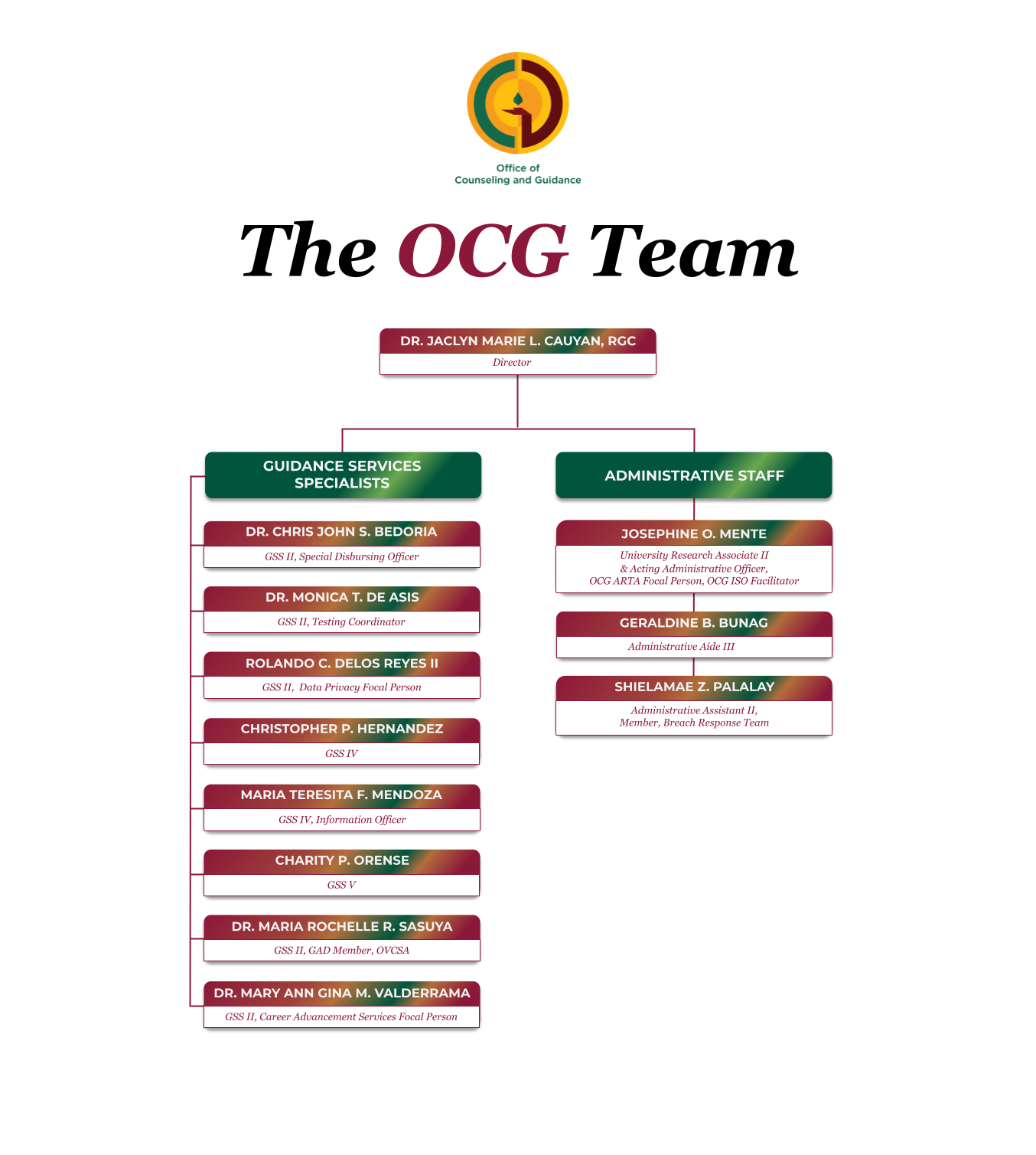
Student Services
